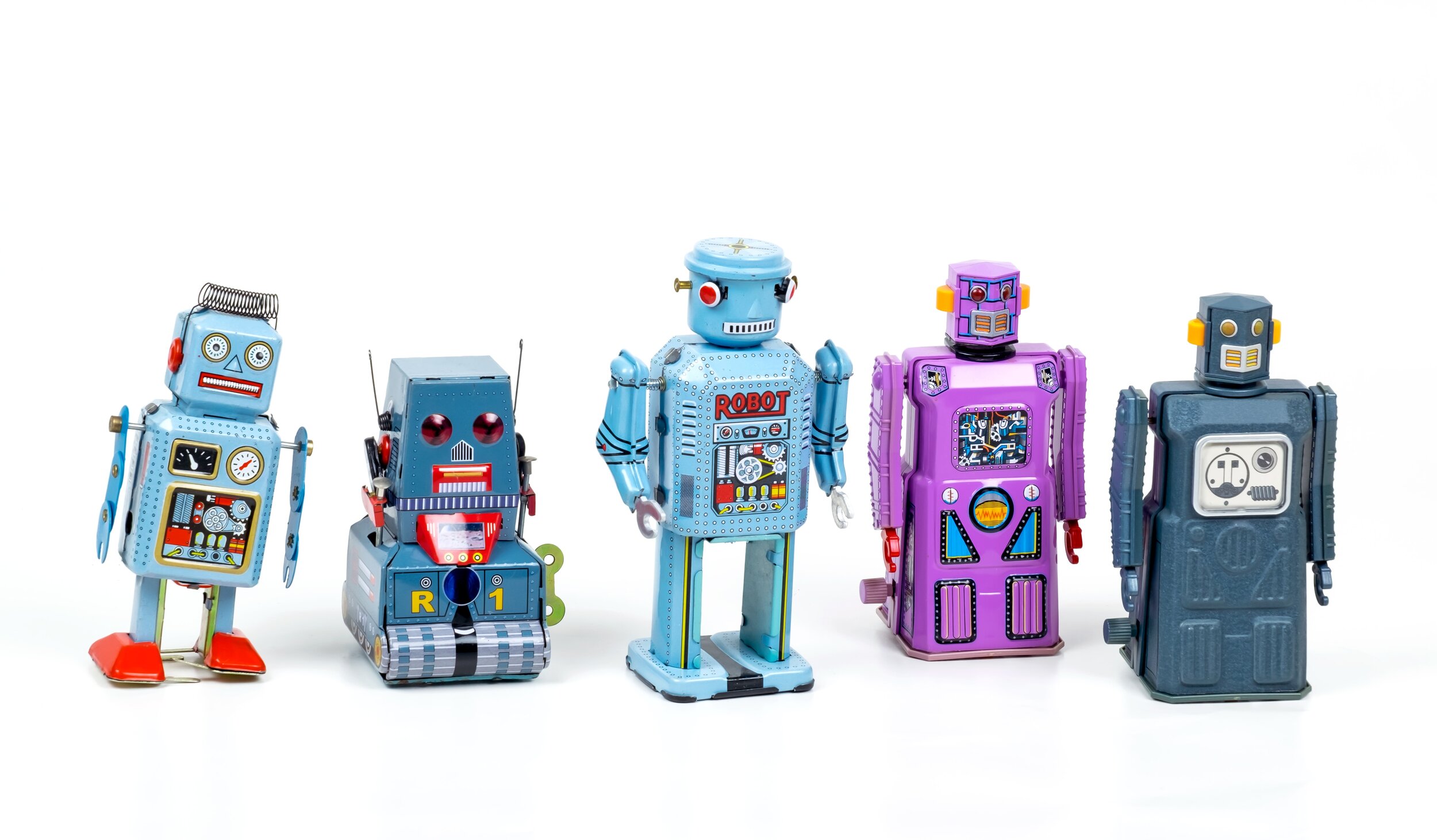We all know what's good for us. Some water, some veggies. Maybe a little bit of exercise. Sunscreen.
But do we always make sure we get enough? No. Why? Because we don't feel like it.
It might sound selfish or stupid but I'm starting to think that it's true.
I've been reading Mark Manson's Everything is Fucked, A Book about Hope. What better time than now, am I right? But Manson doesn't break down civil unrest or capitalist alternatives, he examines what could be at the core of our problems and solutions. Manson explains what he labels the Classic Assumption - that our feelings have always been inconsequential, in the way, and meant to be squashed by our superior Thinking Brain. A bunch of philosophers (and others) thought this way for a very, very long time and it still creeps into modern life. Manson explains:
“We want to believe that the ability to do something is as simple as deciding to do it and mustering enough willpower to get there.”
But if you've ever tried to do anything at all in life, you'll know there is more to anything than just driving top-speed head-first to victory. It turns out the Classic Assumption ignores what's at our core - our Feeling Brain. That's right, all that mushy stuff. But it makes us uncomfortable to remember that beyond our meat suits, we're full of squishy feelings too. We aspire to be robotic.
But the world is not only made of thoughts, and no matter how hard we suppress our feelings, they exist. Why not recognize them and their worth?
I'll give you an example of my own. I must have gained weight during this pandemic. I just ate so much ice cream. Okay, maybe not too much. Just, enough. Consistently. Like every night. But no matter how much I tell myself I want to lose weight, I keep resorting to that dairy goodness. Now, I could either think about this as the core failure of my Thinking Brain, a constant miscommunication of willpower, or I could recognize that I want ice cream comfort more than a flat stomach right now. And maybe until I want to feel fit more than I want that glorious desert every night, I won't make a change.
It's clear feelings can be stupid sometimes too. We all need to know that by this point. Our ancestral impulses are toward sugar and violence. And there is no shortage of reasons to eat candy and punch assholes. Sometimes we just need the discipline to power through.
Recognizing the distinctions between your brains reduces goals down to getting clear with yourself. You need to recognize your feelings and impulses and the cockamamie narratives swirling all around you. You need to prepare a plan of attack despite your emotions. And at the end of the day, maybe it's okay to let your brain argue with itself. Somehow we'll get through it all.
With that being said, feel free to take a look at some more cool stuff I found this week:
Radiolab has told stories that left their audience in awe and in thought over the years. Now, in a new TED talk, Radiolab host Jad Abumrad reflects on how Dolly Parton showed him a third way.
This week, Joe Rogan interviewed journalist and author James Nestor about breathing. Yes, breathing. The two left me wondering about the most fundamental of life's actions.
Talk about robots - NPR wrote about a COVID-19 Success Story In Rwanda: Free Testing, Robot Caregivers
Ironically, Better Ideas starts slow with his latest video, How overstimulation is ruining your life, but it hits the core of what we all could use right now.
Until next time...
